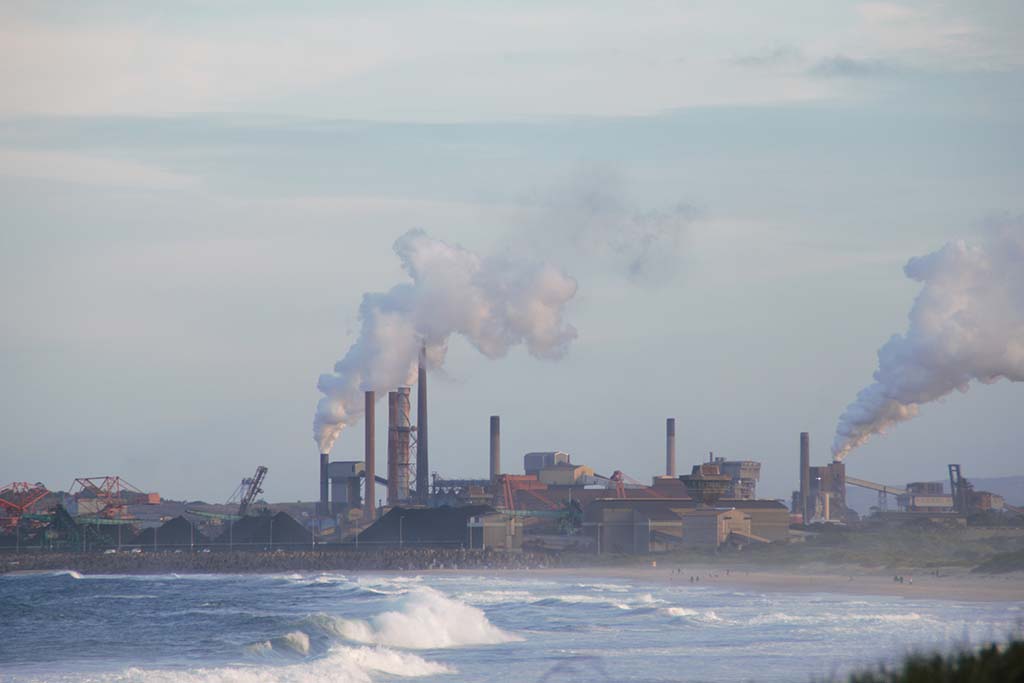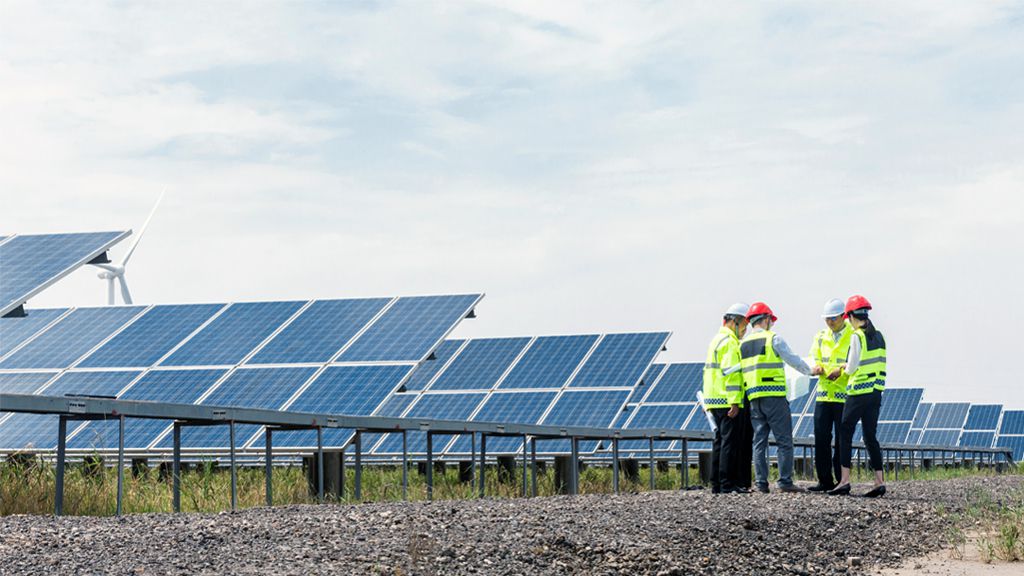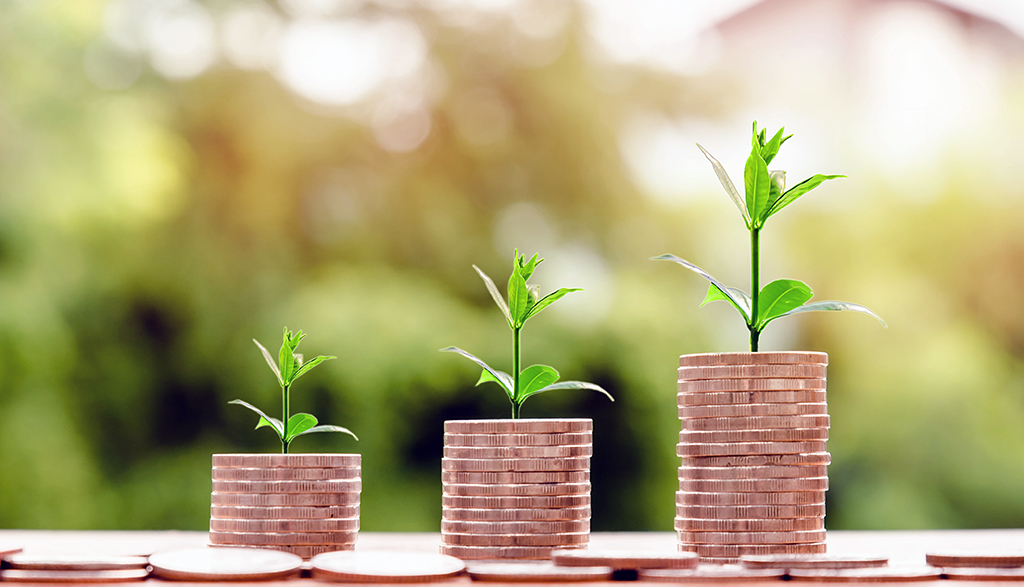Carbon pricing’s potential to reduce emissions in Australia offers lessons for Asia
The COP26 summit in Glasgow in November 2021 brought the global community together to accelerate action toward meeting the goals of the Paris Agreement and the United Nations Framework Convention on Climate Change (UNFCCC). However, achieving these goals will not be possible without effective carbon pricing.










